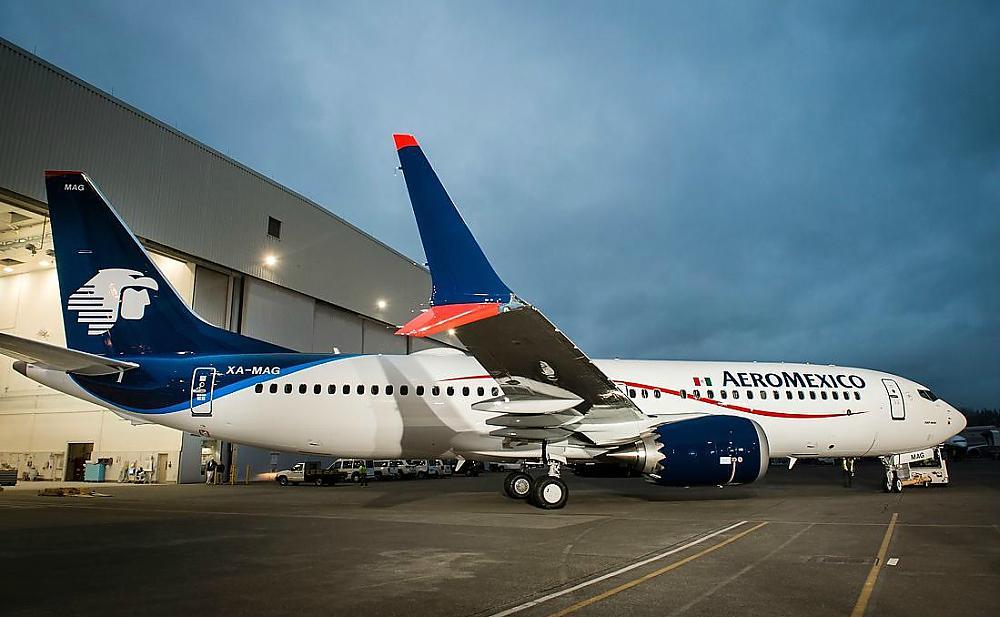The image that comes to most people’s minds when they think of flight attendants is a young person in their early-to-late 20s. But is this image accurate? Moreover, can people in their 40s and above easily find work as flight attendants? Is there an age cut-off point for mandatory retirement? To answer these questions, we sat down for a chat with Jekaterina Shalopanova, Chief Business Officer at Dubai-based aviation consultancy company Aerviva, to get some answers.
How old is the average flight attendant?
A comprehensive study by the International Air Transport Association (IATA) found that, as of 2023, the average flight attendant globally was 49 years of age (the exact breakdown being 74%: 40+ years; 17%: 30-40 years; 8%: 20-30 years). And we might expect the average age of flight attendants to even increase. According to the Bureau of Labor Statistics, the average retirement age for flight attendants in the U.S. was roughly 58 in 2010, and this was projected to increase to around 62 by 2020. This trend is ascribed to factors like better healthcare and the desire of some flight attendants to go into retirement later.
“Although flight attendants do have to regularly pass health and specific occupational tests to keep flying, given the nature of their responsibilities, which differ from those of, say, pilots and traffic controllers, many choose to continue their careers well into their 50s-60s and beyond. For instance, just a few days ago we sadly lost Bette Nash, the world’s oldest and longest-serving flight attendant, who lived to be 88 years old,” Jekaterina explains.
Age-based restrictions in the aviation industry
According to Jekaterina, when it comes to mandatory age restrictions in aviation, there are only three. “First, to get a job in the industry, candidates must be at least 18-21 years old, depending on the airline. Second, in many countries, pilots are legally required to retire at the age of 65 in multi-pilot setups, or at the age of 60 if they’re flying solo. And three, due to the stressful nature of their job, air traffic controllers in many countries must retire at some point in their mid-50s”.
It should also be noted that even the maximum age for pilots has been a hot topic of discussion for many years, with the question of potentially implementing an age-70 ceiling now being discussed once again, which makes sense in the context of pilot shortages. In dealing with the latter challenge, more and more airlines have also been making all the accommodations necessary to enable female attendants to continue working during pregnancy.
Practices vary between airlines and regions
The above would seem to suggest that flight attendants are not subject to any stipulations regarding maximum age. And generally speaking, this is true – with a few minor complications. Namely, while there are no laws requiring airlines to decline candidates above a certain age, practices vary between companies and regions.
Speaking to people in the industry, it seems that Asian and Middle Eastern carriers prefer younger flight attendants, with a cut-off age somewhere between 40-50, and a perfect candidate under 30-35.
“Many American and European airlines are happy to include more senior professionals – called “golden candidates” or “empty nesters” – due to their experience. This has become more common after the pandemic, as demand for air travel has rebounded,” Jekaterina says.
It is important to note that most airlines are still dealing with crew shortages to this day. For instance, according to Oxford Economics, the aviation industry has lost over 2.3 million jobs since 2019, and the International Civil Aviation Organization (ICAO) estimates that by 2026, the industry will require 480,000 additional technicians and 350,000+ pilots.
Great career outlook for aspiring flight attendants
The days when female flight attendants were routinely fired upon marriage or on turning 32-35 are long gone, and both sexes can now freely participate in the job market, regardless of age. For instance, according to Aviation Benefits Beyond Borders, women make up 41% of the European aviation industry. And while some airlines still have maximum age restrictions – and there are certainly individual cases where an airline is taken to court due to alleged discrimination on the basis of age – most flight attendants globally are middle aged.
“What I’d like to emphasize is that job prospects for flight attendants today are nothing short of excellent. The aviation industry has been struggling with insufficient staff for a good number of years now. Part of this has to do with recovery from the pandemic, but a no less important factor is the industry’s secular growth. And since there is no panacea for filling the gap any time soon, aspiring flight attendants have little reason to worry about their career security,” Jekaterina concludes.
One of the many great things about the aviation industry is its openness to people from different backgrounds – and this includes those representing different generations. It doesn’t matter where you come from, how you look, or – as Jekaterina has made clear in this article – how old you are. All that matters is your skills and motivation to take part in making flying a safe and comfortable experience to everyone involved.




